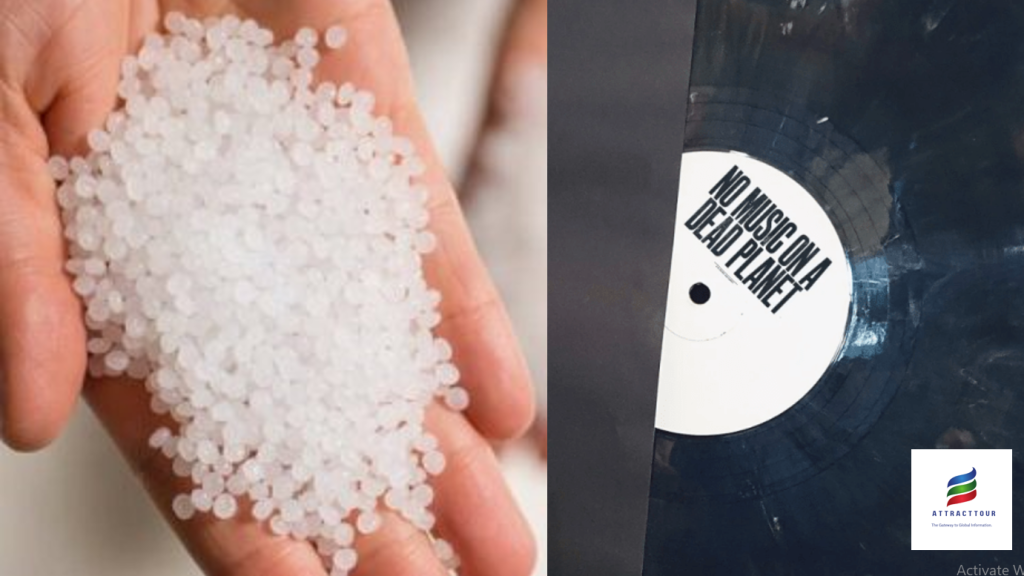A British company claims to have created the world’s first bioplastic vinyl record, with the goal of reducing the use of highly toxic PVC.
Bioplastics are made from starch and sugar instead of oil or gas, and their production produces no toxic waste.
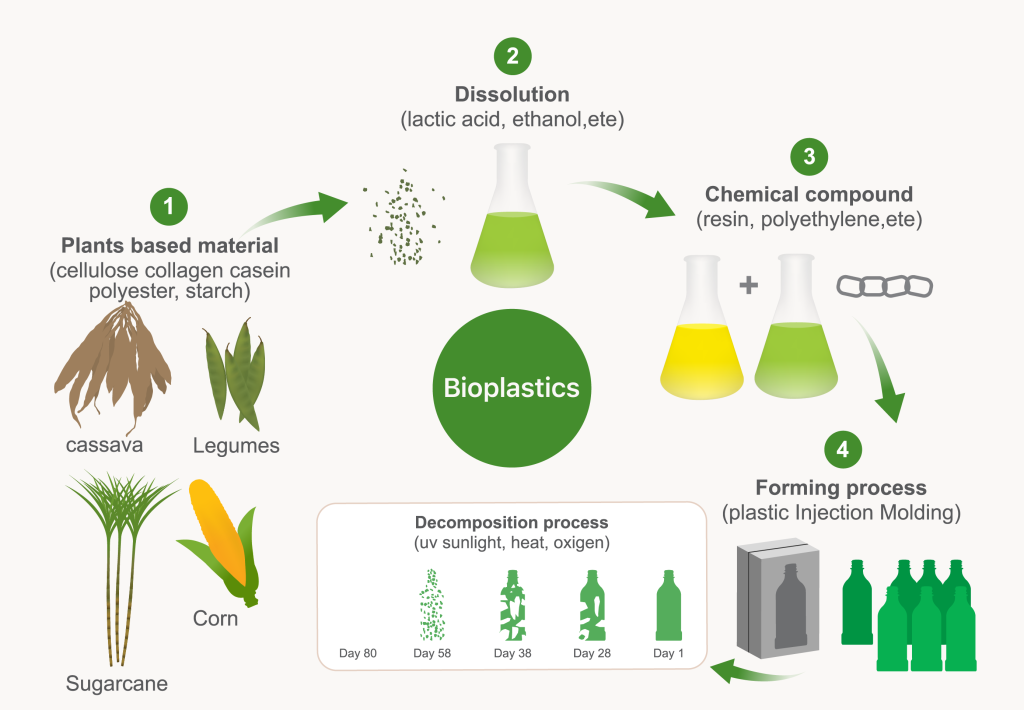
Music Declares Emergency, a climate change promotion group founded in 2019 by artists and songs industry experts, has supported Evolution’s new bioplastic discs.
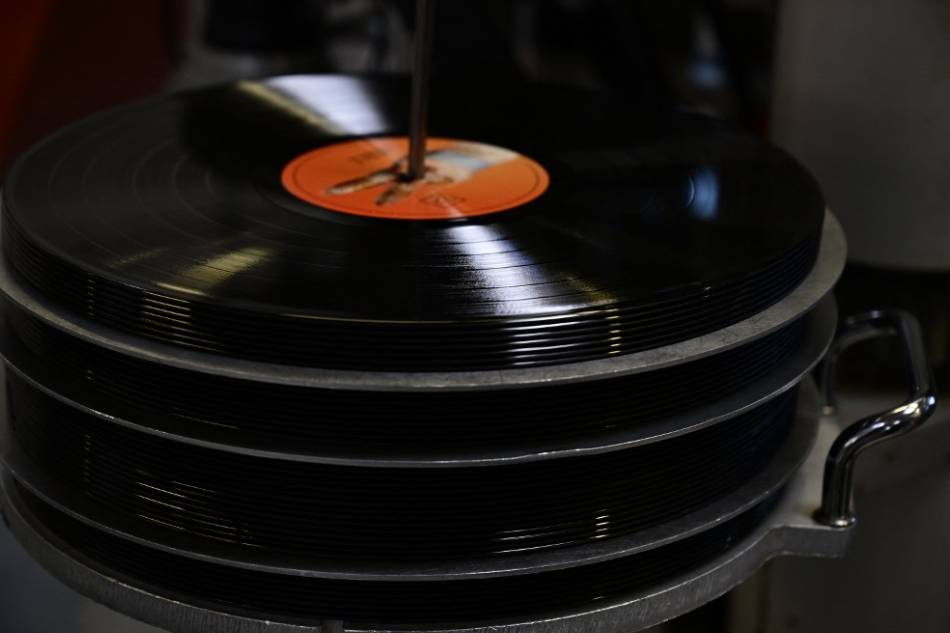
“If Evolution can deliver an alternative guilt-free vinyl, it could get rid of one of the key polluting elements of the music industry completely,” NGO co-founder Lewis Jamieson told AFP.
Clearly, all vinyl records are made of Polyvinyl chloride, or PVC, which Greenpeace describes as “the most environmentally damaging plastic” because its production emits toxic, chlorine-based chemicals that “build up in the water, air, and food chain.”
The issue has gained prominence as a result of the recent surge in vinyl sales, which surpassed $1 billion in the United States alone last year (a first since the mid-1980s).
Few predicted the mid-2000s vinyl revival, so record labels were clamoring to secure PVC, often relying on international companies with poor safety record keeping.
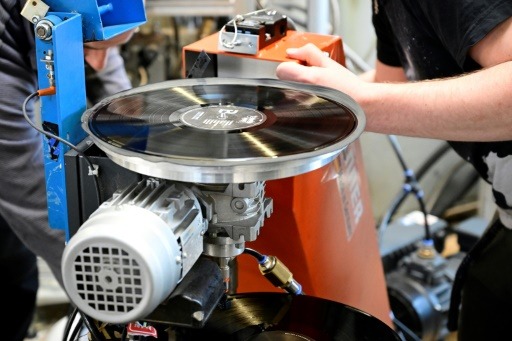
According to Kyle Devine, author of “Decomposed,” a book about the ecological consequences of the music industry, 90 percent of US vinyl in 2015 came from a Thai company that was “pouring pollution into the Bangkok river.”
“PVC is an especially nasty plastic to make. It’s a difficult one to dispose of, to recycle or decompose,” he told AFP.
He also stated that viewing the current dominance of broadcasting and online music as a solution to the industry’s climate impact is incorrect.
“Digital data still takes up space and uses energy. In fact, given the current size and spread of the music industry, it’s likely more environmentally-taxing than ever before,” Devine said.
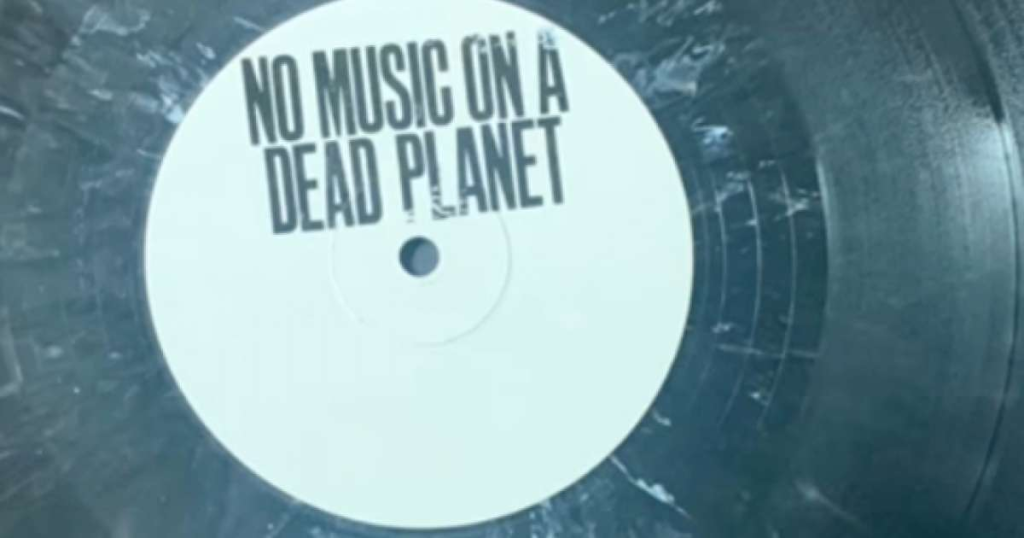
Through a draw to win, Evolution released the first 20 records made with the bioplastic, a lists of young artists such as electro duo Bicep and US singer Angel Olsen.
It has taken nearly five years of testing due to COVID pandemic slowdowns, but the firm claims they are close to replicating regular records.
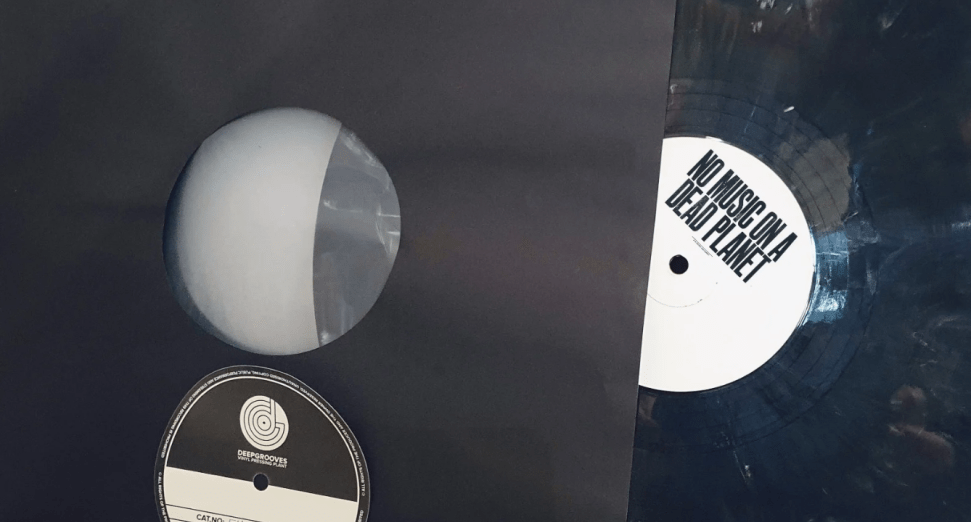
“It presses the same as PVC,” co-founder Marc Carey explained. “The final piece of the puzzle is there is a little bit of surface noise when you play the record so we are working on that. We think we are two weeks away from finalizing the recipe.”
Although it is clear that adjusting the production of vinyl records will have little impact on the larger picture of climate change, Jamieson believes such innovations are figurative.
